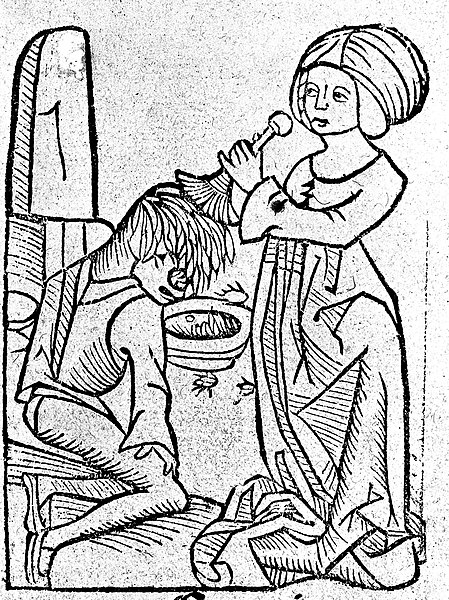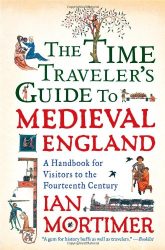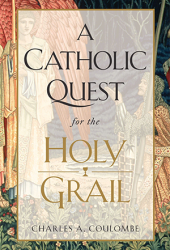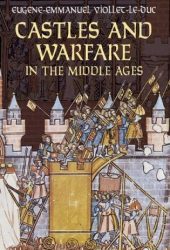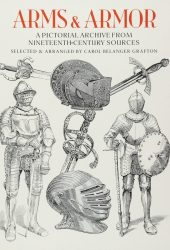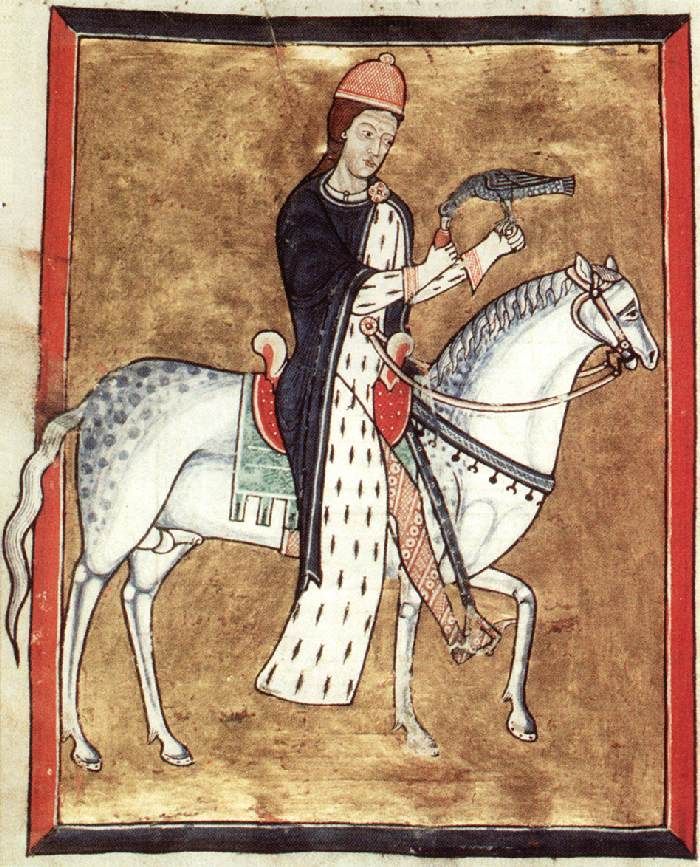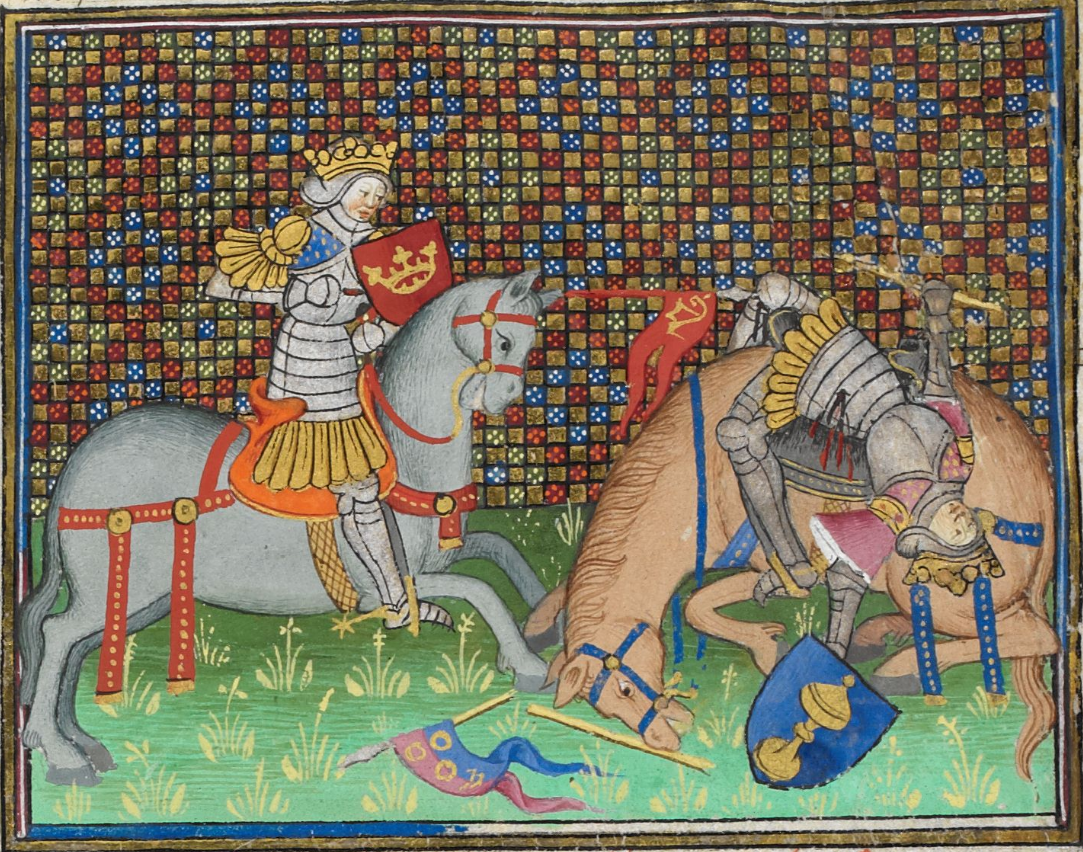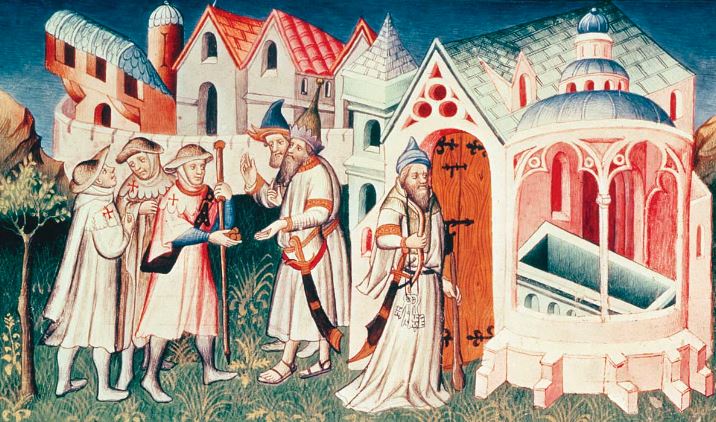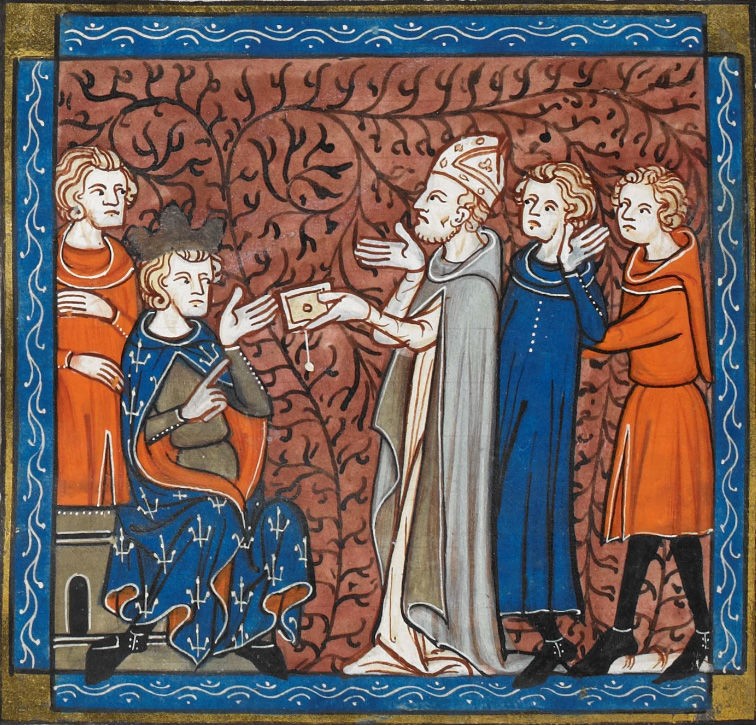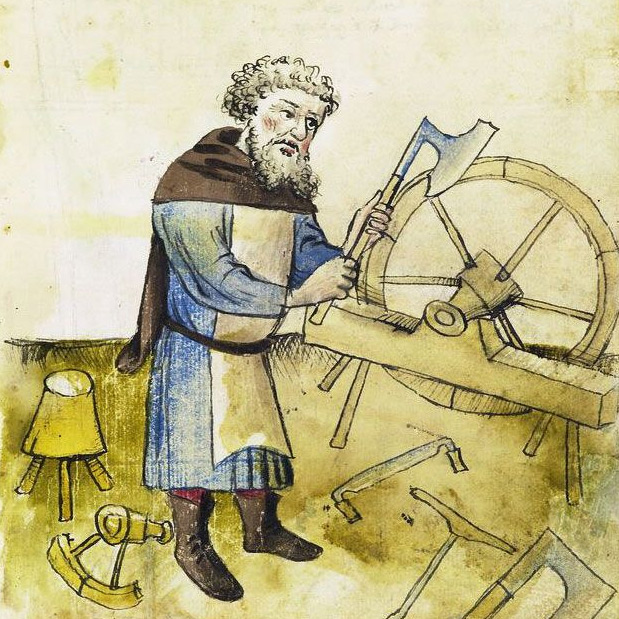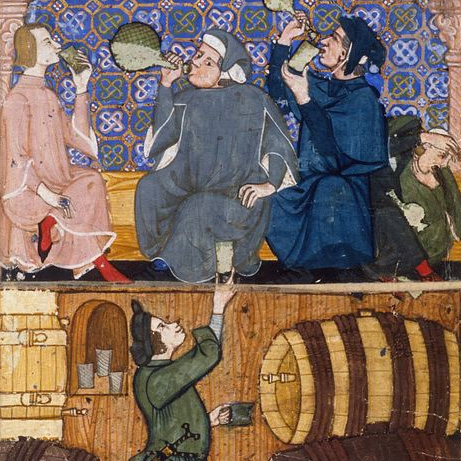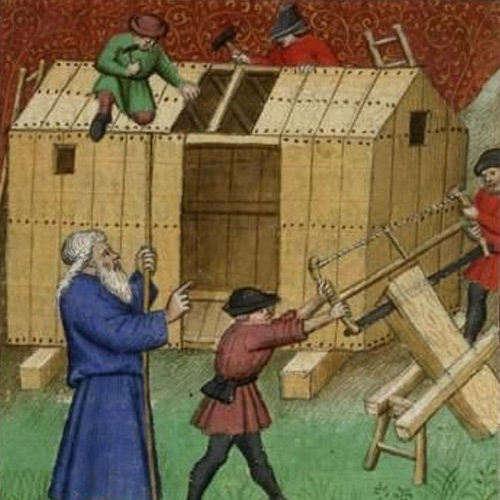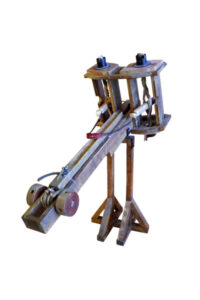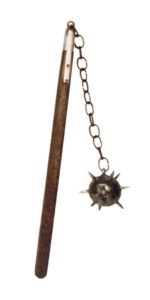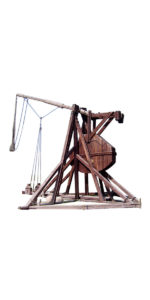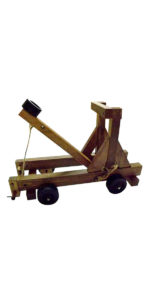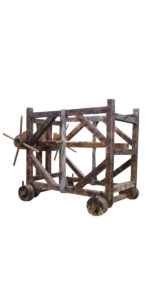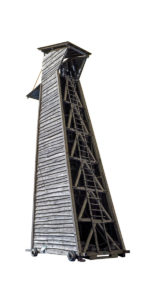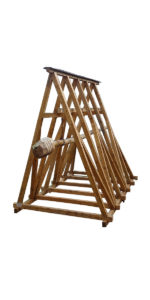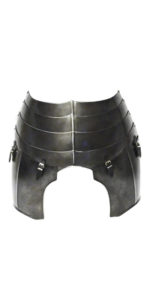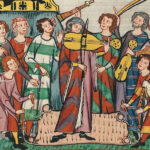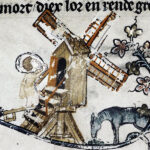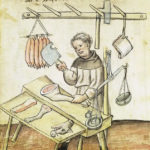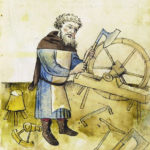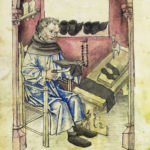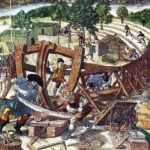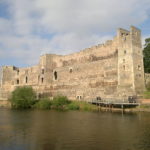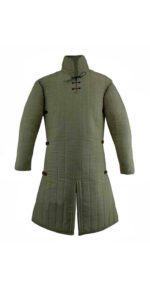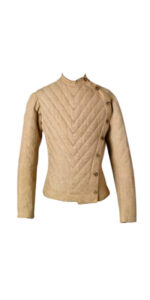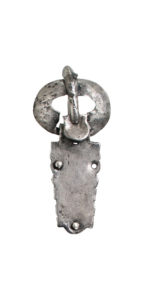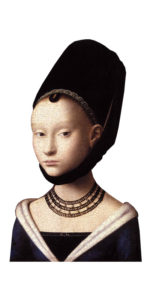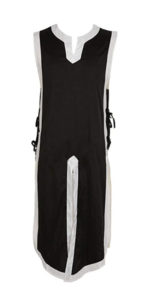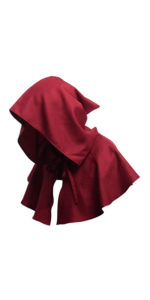Many have us (well, at least those who frequently think about history!) have wondered, at one point or another, what hygiene was like in medieval times. After all, we’re all used to our contemporary comforts and have trouble imagining how people kept clean in the Middle Ages.
For me, personally, one of the biggest topics was soap. Was there soap in medieval times, at all? And if so, how widespread was it?
In this article, I will tell you a bit about hoy medieval hygiene worked (and look at soap, in particular, as it’s been a trusted companion of humankind for quite a while!).
We got some ground to cover so, let’s get started.
Did People Use Soap in Medieval Times?
The short answer would be: Yes, people did use soap in the Middle Ages. Although, naturally, its use was not as widespread as it is today (when we have an entire industry dedicated to its production).
During medieval times, soap was primarily used for medicinal and personal hygiene purposes, rather than for cleaning clothes or other household items.
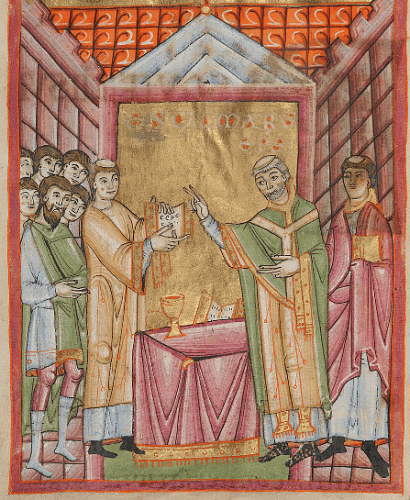
How Was Soap Made in the Middle Ages?
In medieval times, soap was made by combining fats or oils with an alkali substance, such as lye. You could make these substances by mixing water with ashes from burned hardwood or other plant material and heating and stirring it until it forms a paste. After it cooled and hardened, the lye could be cut into bars or other shapes.
How to Make Soap (Medieval Style)
Most medieval recipes for soap do not include any measurements of the ingredients. So, you should be ready to do some experimentation! Having said that, if you want to make medieval soap, you should:
- Collect some ashes and spread them over a sieve or wickerwork.
- Clean a pot and place it under the sieve.
- Pour hot water over the ashes gently, so the liquid goes into the pot.
- Heat this collected lye water and boil it until it thickens.
- Add a little lime or olive oil. That’s it! You got medieval soap!
Was Medieval Soap Expensive?
The process of making soap was known in the Middle Ages, and soap was produced in Europe during this time. However, it was relatively expensive and was mainly used by the wealthy or by those who had access to it through trade with other regions.
Soap-making became more widespread during the 16th century as trade routes opened and the availability of the raw materials needed for soap-making increased. By the 18th century, soap-making had become an important industry in Europe, and soap was widely used for personal hygiene and cleaning.
So... Was Medieval Hygiene Good?
Hygiene in medieval times depended on large part on social class and location. For the upper classes, hygiene could be relatively good because they had access to running water, clean clothing, and regular bathing. However, for the lower classes, the story was different. With limited access to clean water and sanitation facilities, hygiene was never easy.
In general, people during the Middle Ages did not have the same level of understanding of hygiene and sanitation that we have today. For example, they didn’t consider it important to regularly wash their hands, bathe, or clean their living spaces. As a result, disease could spread more easily and many illnesses were relatively common. One of the worst cases during this time was the bubonic plague, which cause the deaths of millions of people throughout Europe in the 14th century.
It is essential to note, though, that medieval people did have their own methods of maintaining hygiene – even if they were not always effective. For example, many medieval people used herbs and natural remedies to mask unpleasant odours, and many households would regularly sweep and clean their floors to remove dirt and debris.
